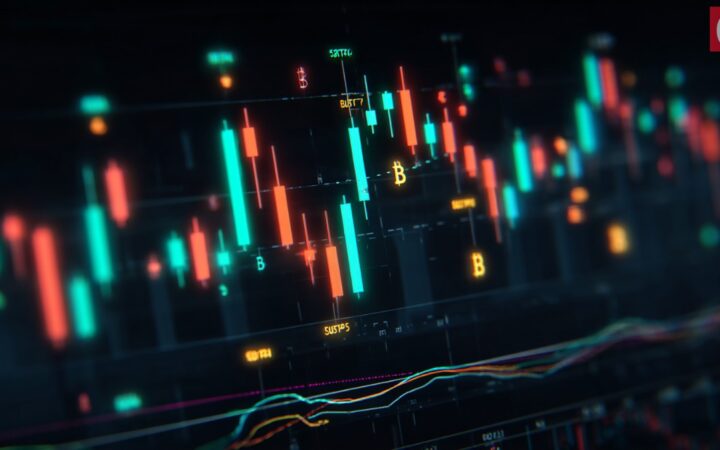
Bybit to Impose Additional 18% GST on Trading Fees for Indian Users from July 7
Crypto tax burden in India to grow as the government is set to impose an additional 18% GST on all crypto trading from July 7.

Crypto tax burden in India to grow as the government is set to impose an additional 18% GST on all crypto trading from July 7.
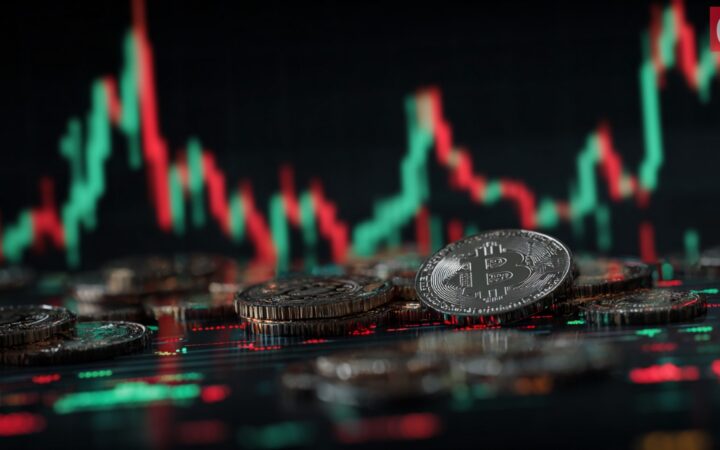
Hong Kong advances blockchain integration with a new tokenized green bond and ETF stamp duty relief to boost digital finance.

Robert Kiyosaki says he hopes Bitcoin crashes so he can buy more, calling out fear-driven warnings as clickbait distractions.

Bitcoin closed at an all-time high, but a sudden $8.6 billion whale wallet awakening suggests that the rally may be losing steam.

Elon Musk announced plans to create a new political party called the “America Party,” with market players minting meme coins for the same on Solana’s Pump.fun.
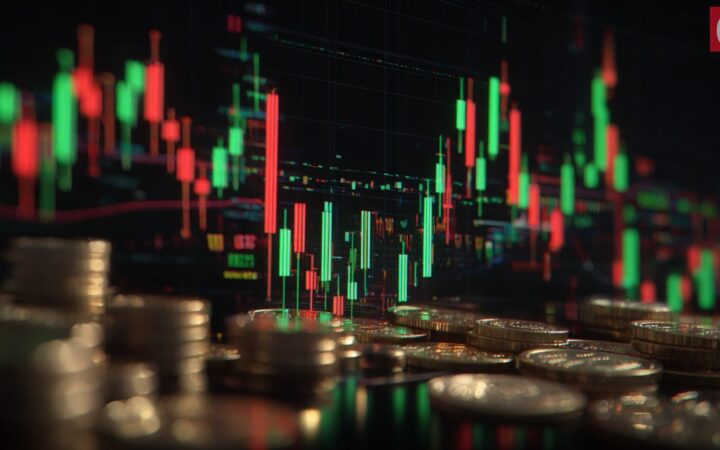
BONK is turning heads in the crypto market after a sharp 11% price jump driven by excitement over a potential 2x leveraged ETF launch and a looming 1 trillion token burn.

Ondo Finance’s acquisition of SEC-registered brokerage Oasis Pro marks a significant step toward building compliant tokenized financial infrastructure for institutional markets.
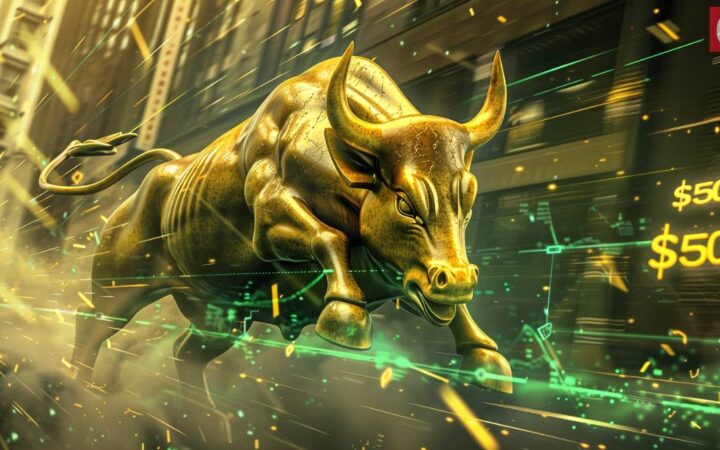
Bitcoin Cash demonstrated relative stability on Friday with only a 1.63% decline to $488, outperforming major altcoins that fell 4-5%.

World Liberty Financial filed a community governance proposal on Independence Day to enable WLFI token trading across decentralized exchanges. The Trump family simultaneously reduced their stake from 75% to 55% to address conflict of interest concerns.

Coinbase has rescheduled its system upgrade for August 2, 2025, which will affect trades and transactions.
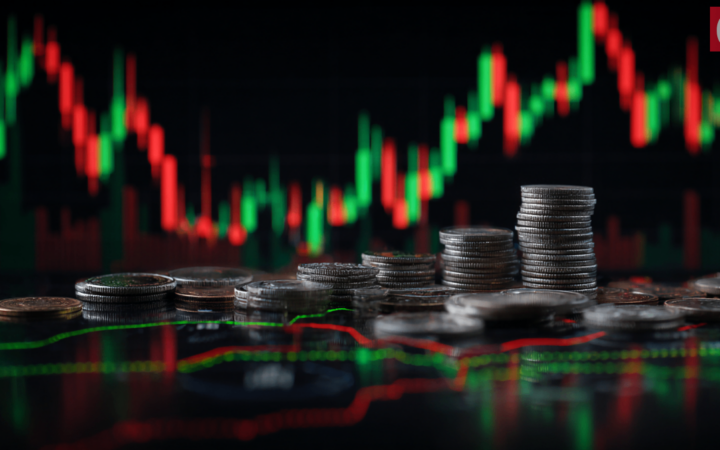
After 67% upside over the past week, the current PENGU trading volumes sustain above $1.0 billion, reflecting heightened investor interest.

Ripple Labs recently unlocked 500 million XRP from escrow to complete an earlier release of 500 million tokens.

Minna Bank is exploring the use of Solana-based stablecoins and digital wallets in Japan’s financial ecosystem.

Binance has appointed Gillian Lynch as Head of Europe and the UK, signaling a deeper push into regulated markets.
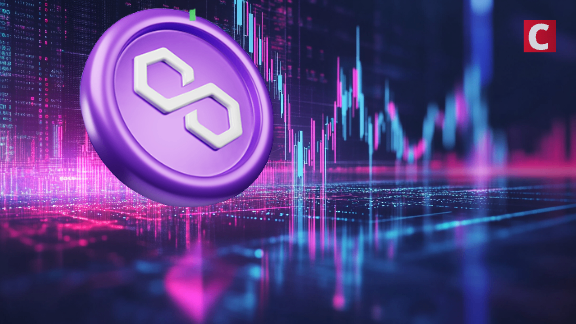
Polygon records explosive stablecoin address growth in 2025, while POL eyes a potential breakout despite current market pressure.
Breaking news coverage from cryptocurrency world about key figures, exchanges, startups, investment, applications, regulation and more.